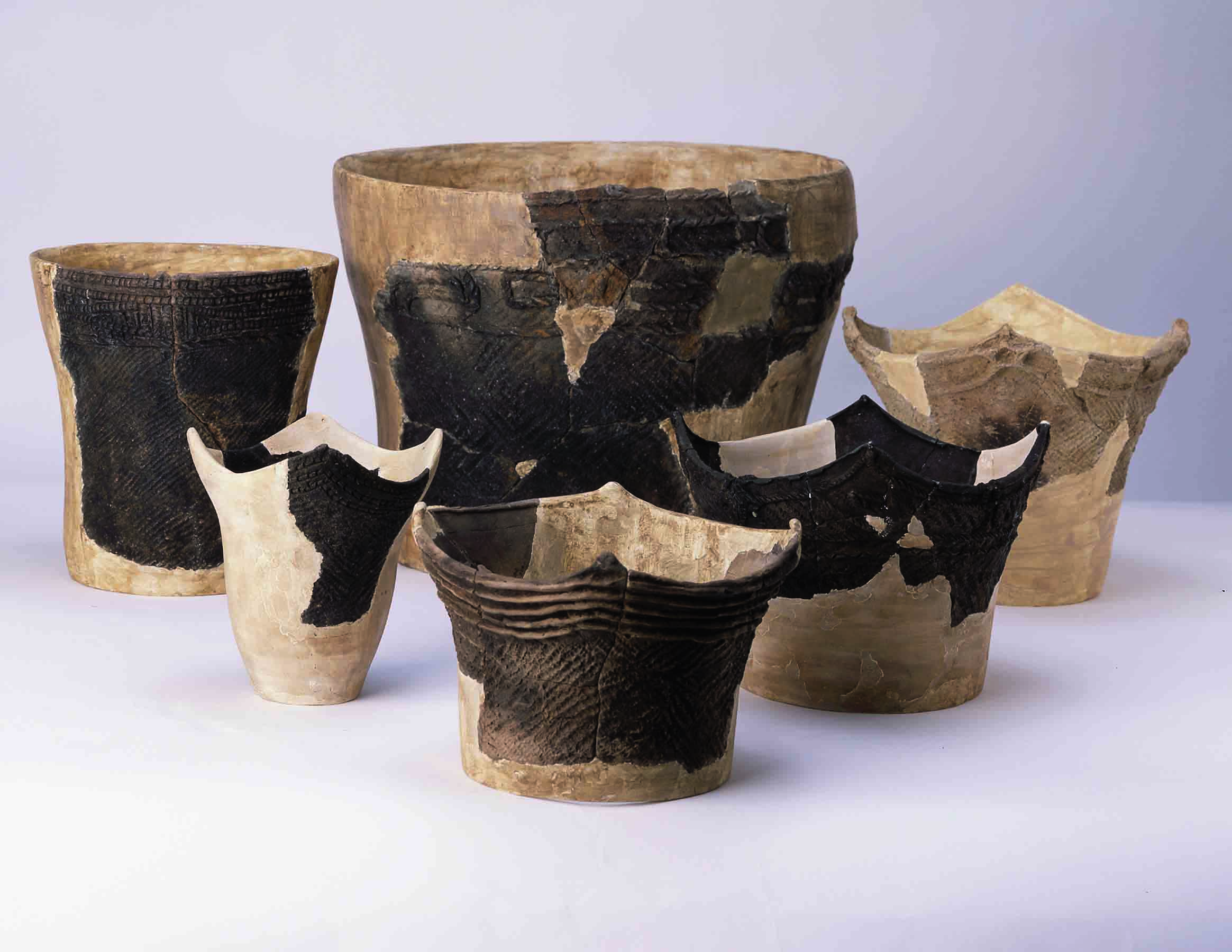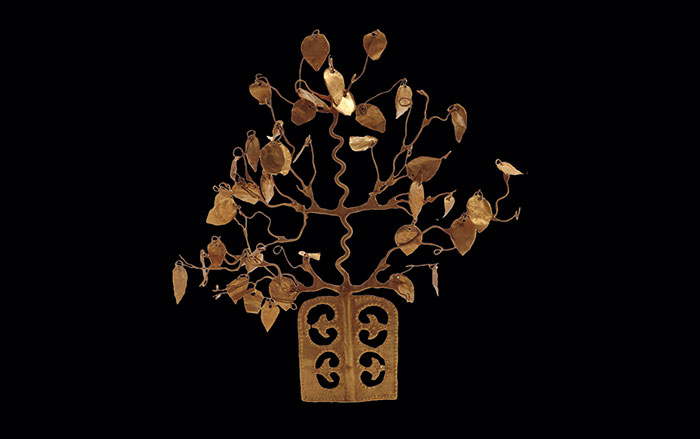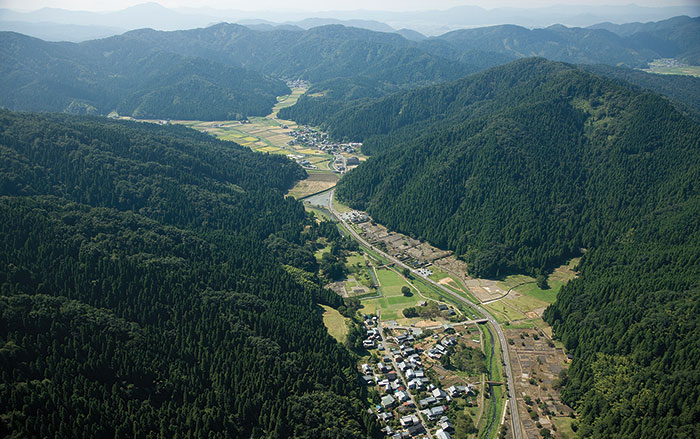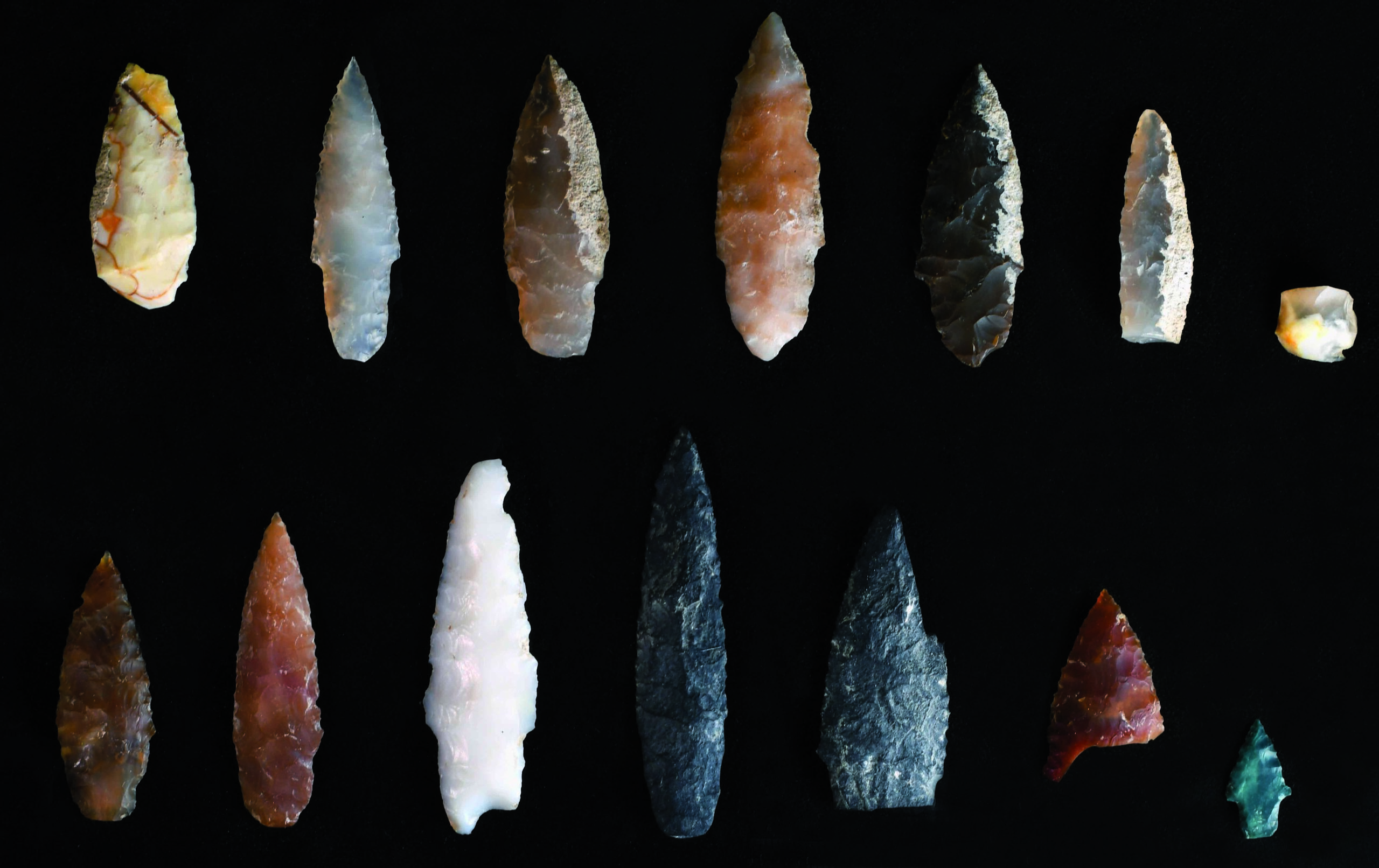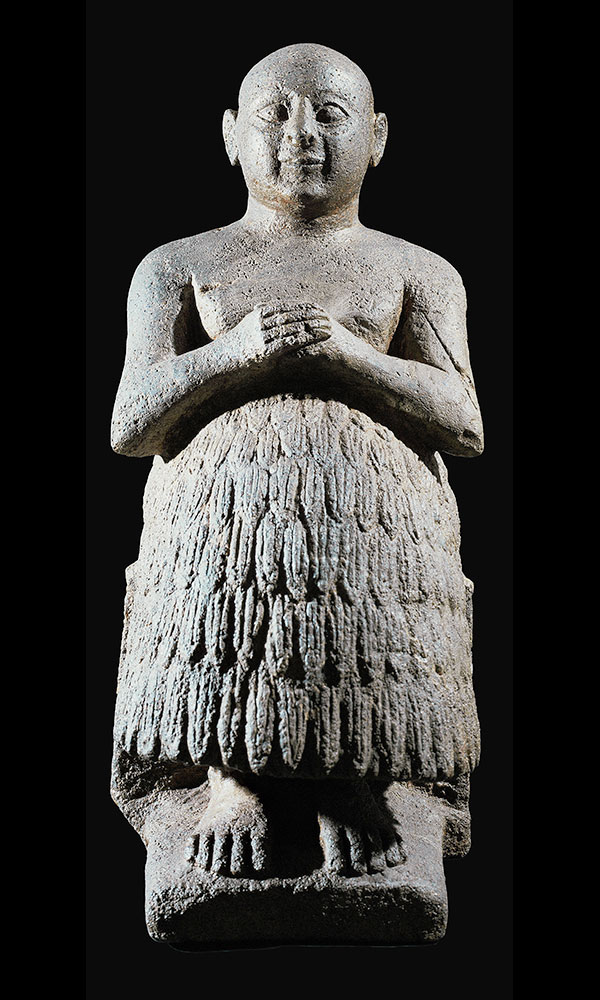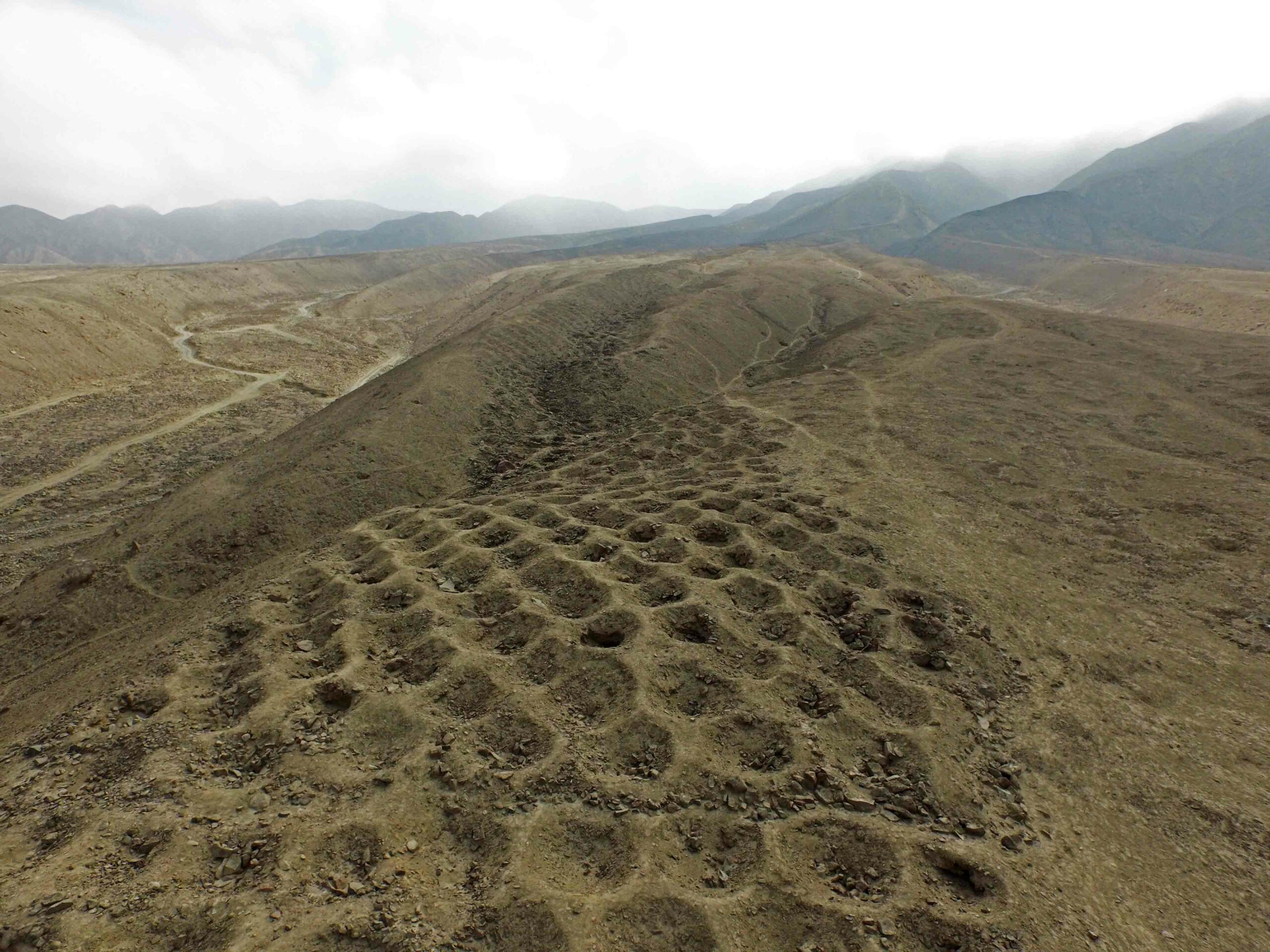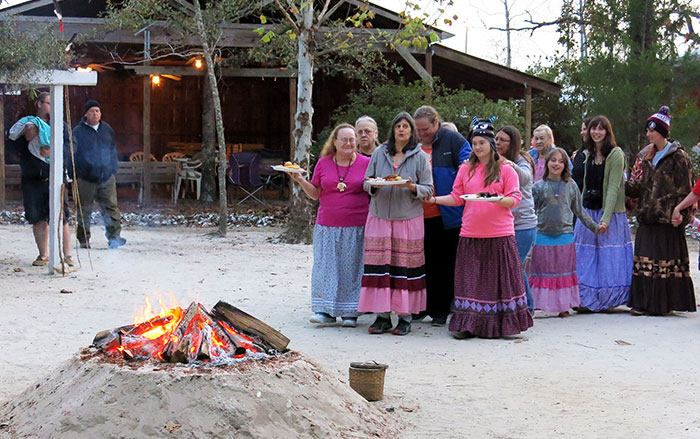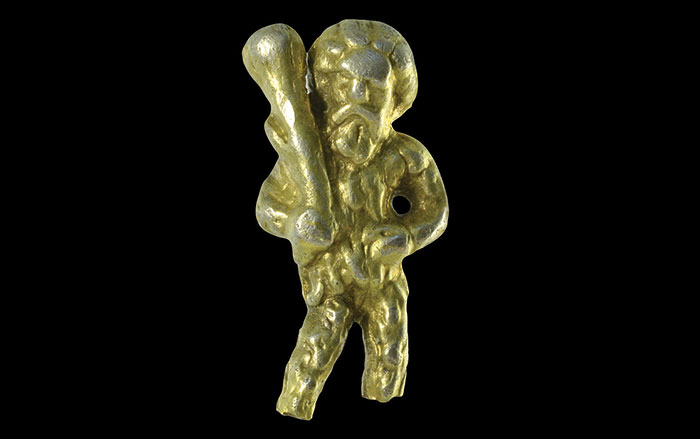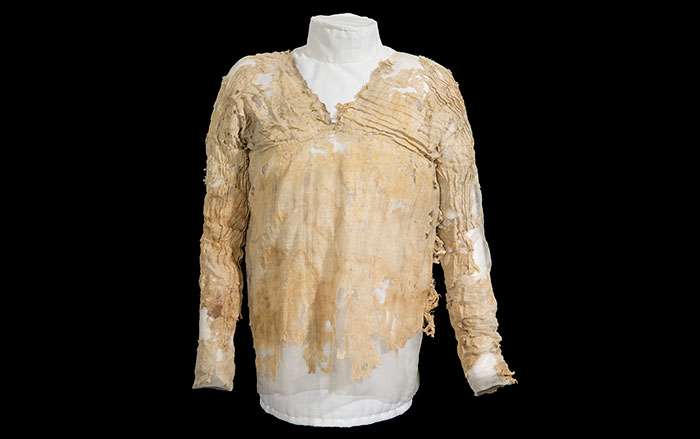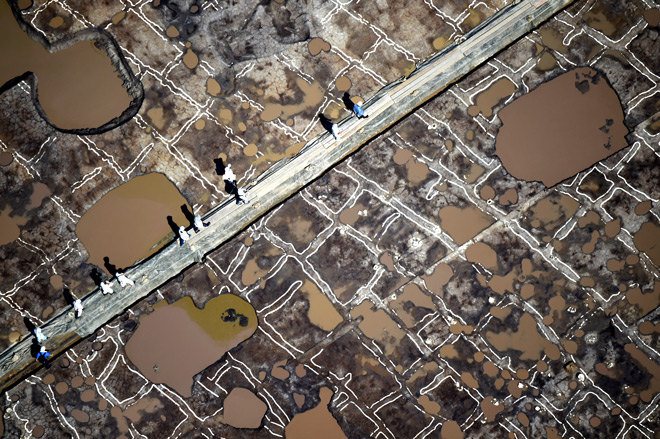
NARA, JAPAN—In the south of Japan’s largest island of Honshu, archaeologists digging at the site of a future hotel have discovered remnants of 2,500-year-old rice paddies, reports the Asahi Shimbun. The paddies were planted during the Yayoi period, which lasted from 300 B.C. to A.D. 300. Traces of small rice paddies dating to this period had been found in the area, but the newly discovered paddies number around 500, and some measure up to 530 square feet. The discovery shows rice cultivation existed on a massive scale in Japan earlier than previously believed. To read more about archaeology in Japan, go to "Khubilai Khan Fleet."


